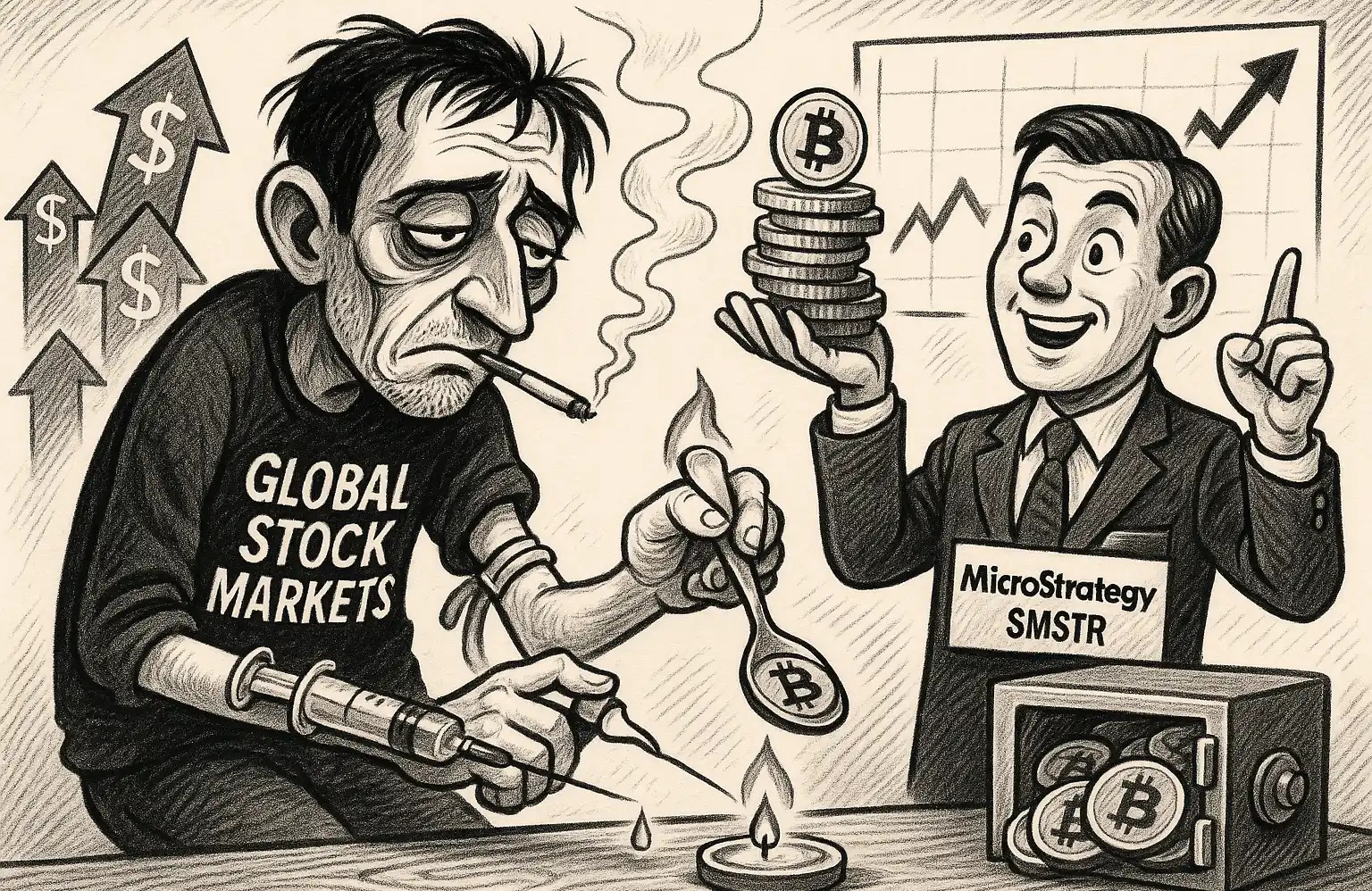SignalPlus Macro Analysis: Slowdown in Global Economic Growth; Significant Net Outflows from BTC ETF in the Past Two Weeks
Original title: "SignalPlus Macro Analysis Special Edition: Round 2"
Original source: SignalPlus
Last Friday, "Quadruple Witching Day" ended smoothly, the SPX index remained near its historical high, and Nvidia took a short breather after becoming the world's most valuable company.
As midsummer approaches, the stock market continues to climb the wall of worry, and the market's attention will gradually turn to politics. Thursday's US election debate debuted early, and after the court ruling, the market odds have been heavily tilted towards former President Trump, but both candidates are likely to continue to pursue unsustainable US fiscal expansion policies. The Congressional Budget Office (CBO) raised the deficit to more than 7% of GDP in 2024 and expects it to remain above this level for the foreseeable future.

The French election will begin on June 29/30, with the second round to be held on July 6/7. With Le Pen's National Rally still firmly in the lead and the far-right coalition expected to win an absolute majority, markets have already cast a vote of no confidence in French assets, with the spread between French government bonds and German government bonds widening to the highest level since 2012.

At the same time, foreign exchange-related tensions have also begun to increase, with the offshore RMB exchange rate falling to its lowest level this year as China's economic growth continues to sluggish, and risk reversals also indicate that markets are preparing for further weakness.

The yen is also under pressure, with USD/JPY approaching 160, and the market expects that the Japanese Ministry of Finance will only have about $200-300 billion in intervention funds left, while Bank of Japan officials are still hesitant to raise interest rates. The market expects USD/JPY to move towards 165 before the next wave of intervention measures from the Bank of Japan.

While the Nikkei index is still hovering near its cycle highs, cracks are beginning to appear in other areas. Japan's largest agricultural bank, Norinchukin ("Nochu"), has become the latest victim of the Fed's prolonged rate hikes. With a balance sheet of $357 billion (56 trillion yen), it is known on Wall Street as Japan's "CLO whale." Due to losses from its huge CLOs, losses this fiscal year may exceed $9.5 billion (1.5 trillion yen), three times higher than previously expected.

On the economic front, we are seeing more signs that the US economy is finally slowing, with growth surprise indicators also falling to their lowest level since 2022, and the rest of the world joining the US in falling into negative territory.

In addition, US consumers are finally showing some early signs of capitulation, with credit card delinquencies rising to their highest level since 2012 as savings from the pandemic are completely exhausted. On the job market, despite good overall growth data, the data shows a record number of employees with multiple "full-time" jobs, which can be interpreted as either too much labor demand or individuals needing multiple incomes to maintain rising living costs, and we prefer the latter.

High living costs, a slowing job market and expensive mortgage rates are causing year-over-year declines in U.S. home prices, after previous price increases were largely due to a lack of supply as sellers were unable to transfer low-rate mortgages to new homes. Will U.S. residential real estate follow the footsteps of other parts of the world and become the next area to deteriorate?

The stock market closed last Friday, and the major indexes remained strong. Brokerages reported that Friday's PCE will be the most important data release of the week as the major indexes stood firm and short covering continued throughout the week. Narrow market breadth and shrinking leading groups remain concerns for the stock market, but have not yet translated into substantial weakness, short sellers continue to be eliminated, and short interest in the SPX, Nasdaq and "Magnificent-7" is at multi-year lows.


The only asset class to suffer last week was crypto, with the majors (BTC/ETH) down 3% and Altcoins seeing a massive sell-off, with many prominent tokens down 10–15% in a week and already down nearly 70% from their recent highs, while the massive net outflows from BTC ETFs clearly didn’t help.


One difference in this cycle is that the rebound in major currencies is unlikely to lead to a positive spillover effect for Altcoins/NFTs, but crypto native users were particularly hard hit last week due to various airdrop "conspiracies" in well-known DeFi projects. Many native users have been working hard on airdrops in the past year as new "Alpha", but the actual rewards of projects such as ZKsync, Layer Zero, Eigenlayer were significantly lower than expected, which shook users' confidence and even sparked many discussions about the end of the airdrop "era". With NFT, Memecoin and Ethereum L1 fees continuing to fall, will the native ecosystem usher in another huge change? It is indeed a very interesting year.

Original link
Welcome to join the official BlockBeats community:
Telegram Subscription Group: https://t.me/theblockbeats
Telegram Discussion Group: https://t.me/BlockBeats_App
Official Twitter Account: https://twitter.com/BlockBeatsAsia
 Forum
Forum OPRR
OPRR Finance
Finance
 Specials
Specials
 On-chain Eco
On-chain Eco
 Entry
Entry
 Podcasts
Podcasts
 Data
Data

 Summarized by AI
Summarized by AI







